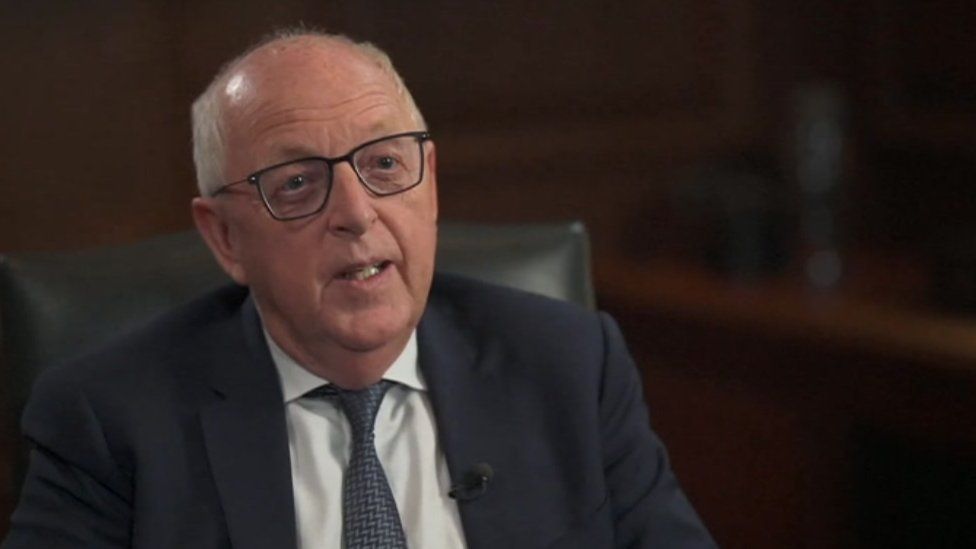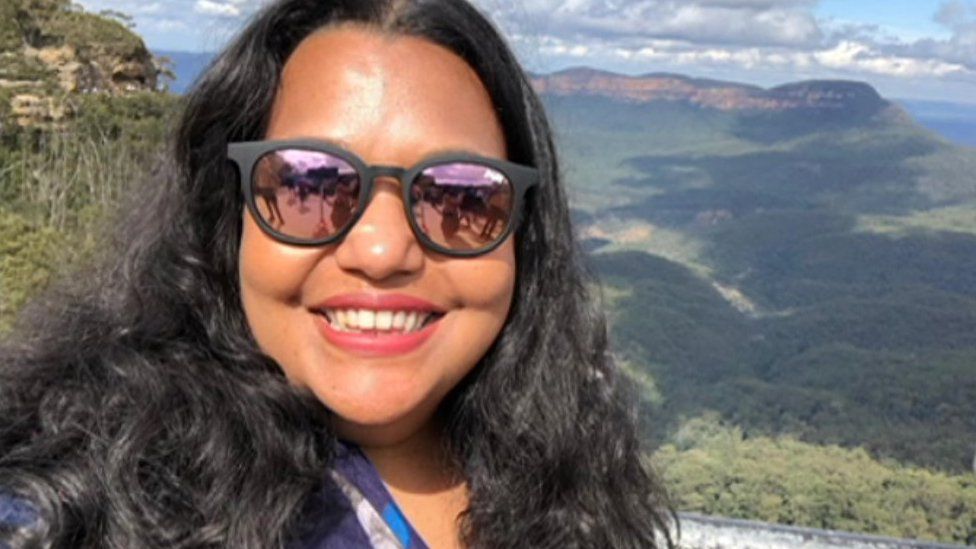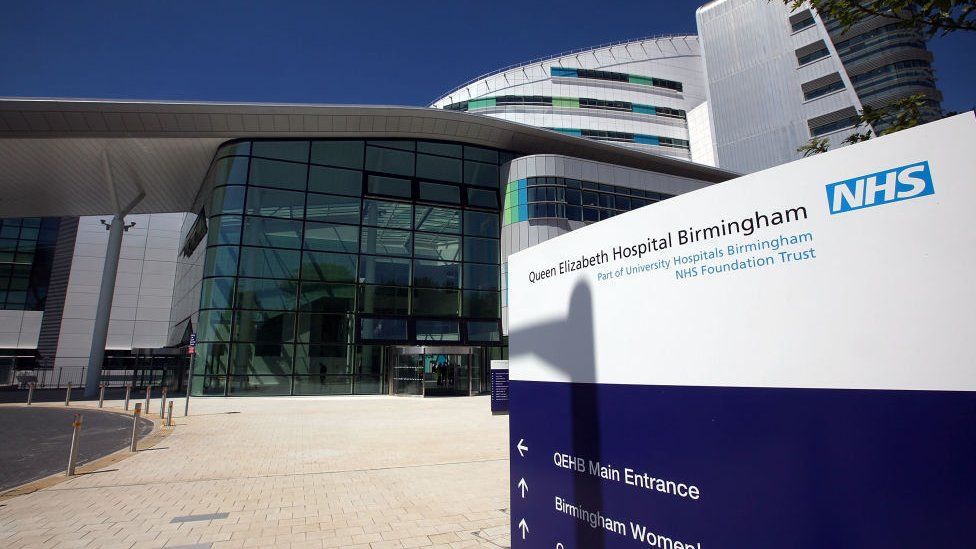There have been improvements at a hospital trust that had been struggling with a bullying and fear-based culture, but a report noted that there was still "a mountain to climb.".
University Hospitals Birmingham (UHB) has been the subject of research by Prof. Mike Bewick following a BBC investigation.
His second report's phase supported earlier findings of a bullying culture and uncovered new worries about misogyny and prejudice.
The trust, however, said it was "listening and learning," and he noted improvements.
There is a mountain to climb, but we can see an upward trajectory, according to Prof. Bewick.
With more than 22,000 employees, the trust is one of the largest of its kind in England and is in charge of the Queen Elizabeth (QE), Heartlands, Good Hope, and Solihull hospitals.
First released in March, Prof. Bewick's reports revealed a "historical coercive bullying culture where fear and threats were used as a management tool." In the second phase of the review, he noted "these early themes have been confirmed by this more extensive inquiry.".
Other issues mentioned in his most recent report, which was released on Friday, include claims of inappropriate sexual behavior.
He declared that because there have been two complaints of sexual harassment from women, the investigation into this matter will be expanded in future reviews.

A team from Health Education England concluded that training in three important fields—obstetrics and gynecology, haematology, and acute and emergency medicine—was "unsatisfactory and patient safety may be compromised," which was one of the report's other "serious concerns" about training.
However, it added that "active steps are now being taken to rectify these shortcomings".
The author observed "significant progress" in restructuring the board after taking a closer look at the trust's governance for phase two. Staff had criticized the board for its "whiteness.".
Only nine members of racial or ethnic minorities were on the highest bands—band nine and Very Senior Manager level—out of the thousands of employees employed by the trust, according to a report from NHS England that echoed this finding.
"Some changes have been implemented but there is still much work to be done to move towards a modern board role in touch with the risks the organisation faces and how it mitigates them," Prof Bewick said, adding the trust's new chair, Dame Yve Buckland, was "committed" to change.
He said staff had similarly raised concerns there were "limited job opportunities" for women and ethnic and diverse communities, saying an environment of "medical patriarchy" was "a dominant cultural determinant".

As in March, Prof Bewick's latest report cited the death of Dr Vaish Kumar, 35, a junior doctor at the QE Hospital who left a suicide note blaming her death entirely on the place where she worked.
He wrote that UHB's response to her death was "one of the most significant concerns" but that the trust had now made a full apology to her family.
Elsewhere in the report, he examined a report by BBC Newsnight which found that none of more than 20 referrals to the General Medical Council (GMC) by the trust had resulted in any action.
Prof Bewick found that "most if not all had a basis for actual referral or at least merited consideration" but noted "striking similarities" in how some senior clinicians' cases were handled which "give rise to new concerns".
"One senior consultant surgeon has been excluded from work for over five years and a second for over six months, with so far no resolution to their case," he wrote.
"This is extremely serious, potentially harmful, and deprived the system of badly needed expertise. ".

Following the publication of his report, Prof Bewick said while it was "positive to note that good progress has been made" it was "vital UHB now further builds on lessons learned".
UHB said it had "taken the concerns raised to date incredibly seriously and have reflected, reviewed and reset".
"We will approach any new lines of enquiry that are raised within this second report in the same way," it said.
"Not wishing to wait solely for the findings and recommendations from the external reviews, a series of bold - but necessary and fundamental - changes have already been made to put us back on a positive path. ".
David Melbourne, Chief Executive at NHS Birmingham and Solihull Integrated Care Board said the report showed UHB had taken the recommendations of the initial review seriously.
"Their improvement journey will be a long one, and while we have seen the beginnings of change, much work is still to be done to create a lasting and different culture across all levels and disciplines, and across all hospital sites," he said.
If you have been affected by the issues raised in this article, help and support is available . via BBC Action Line.







